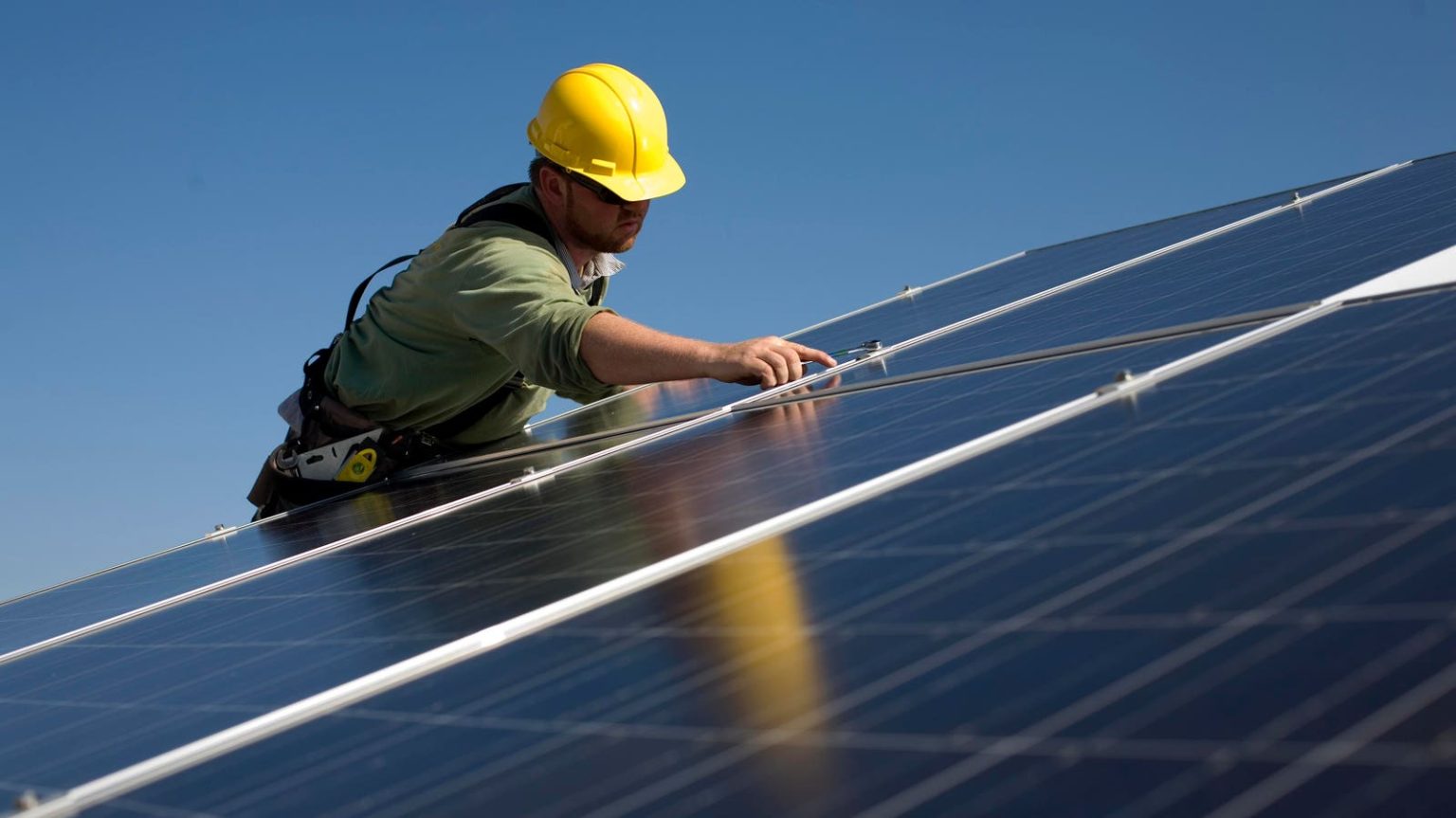Last month, the Biden administration announced a new rule that requires federal procurement officials to prioritize products and services with ecolabels and other sustainability standards whenever possible. This marks a significant shift towards sustainability in government procurement, with a focus on climate change mitigation, energy conservation, and other sustainability objectives. Leveraging standards created by the private sector and ensuring public input in the vetting process, this rule serves as a model for how procurement policies can drive markets towards socially beneficial products and services.
As the world’s largest buyer of products and services, the federal government wields immense power to influence markets with roughly $750 billion in annual spending. Through Executive Order 14057, the administration has committed to using this market power to support businesses offering sustainable solutions. The rule also aligns with the Federal Procurement and Administrative Services Act, ensuring that taxpayer funds are carefully stewarded and that effective program delivery is maintained through procurement policy. These objectives are all achieved with the administration’s new rule, highlighting the potential impact of sustainable procurement practices.
Incorporating principles from behavioral economics, the administration’s procurement rule adopts a “nudge” approach to guide requiring officers towards sustainable products and services. By making sustainable options the default choice, officers are nudged towards sustainability while still maintaining their freedom of choice. This strategy reduces the likelihood of sustainable alternatives being overlooked in favor of cheaper, less sustainable options. With a focus on life-cycle costs and product durability, the rule ensures that sustainability is a key consideration in procurement decisions.
The new rule also places a heavy emphasis on private sector sustainability standards that have been vetted by government agencies such as the Environmental Protection Agency. Products and services adhering to these standards receive preferential treatment in federal procurement processes, streamlining the bidding process for companies and providing clear direction for contractors. By requiring contractors to ensure that their suppliers also adhere to sustainable standards, the rule further scales sustainability solutions within supply chains, driving market demand for more sustainable products and services.
Incentivizing more sustainable practices, the rule encourages increased participation from private sector sustainability innovators to expand the coverage of sustainability standards. With EPA expanding its recommendation list to support federal sustainability goals, opportunities for driving market demand for sustainable products and services are on the rise. By leveraging the power of the procurement rule, businesses in various sectors can accelerate decarbonization efforts and align with federal sustainability objectives. A focus on construction materials and food and agriculture products could further drive sustainability goals in federal facilities and supply chains.
To ensure more sustainable federal supply chains, the administration should finalize a supplier climate risk disclosure rule that requires contractors to disclose their climate-related risks and emissions reduction targets. This transparency would provide the government with critical information on how its key suppliers are managing sustainability risks, including the impacts of climate disruption. By implementing this rule in conjunction with the sustainable procurement rule, the government can further accelerate the shift towards a more sustainable economy and secure the future of federal supply chains.















